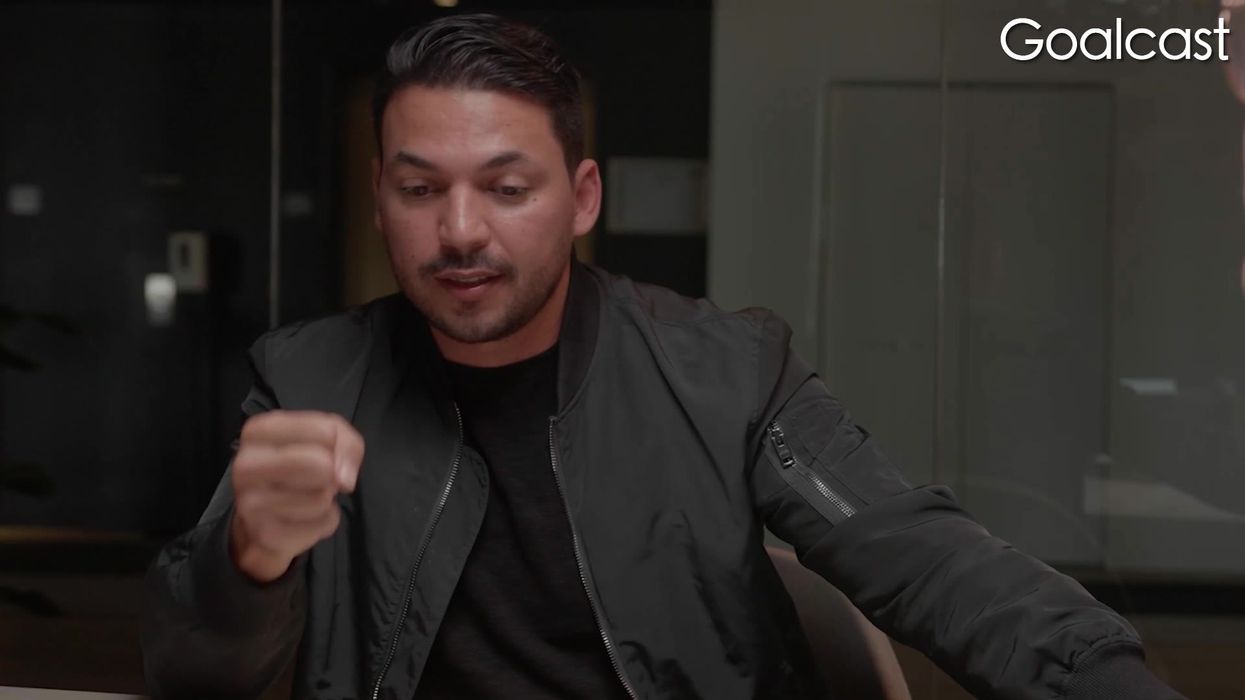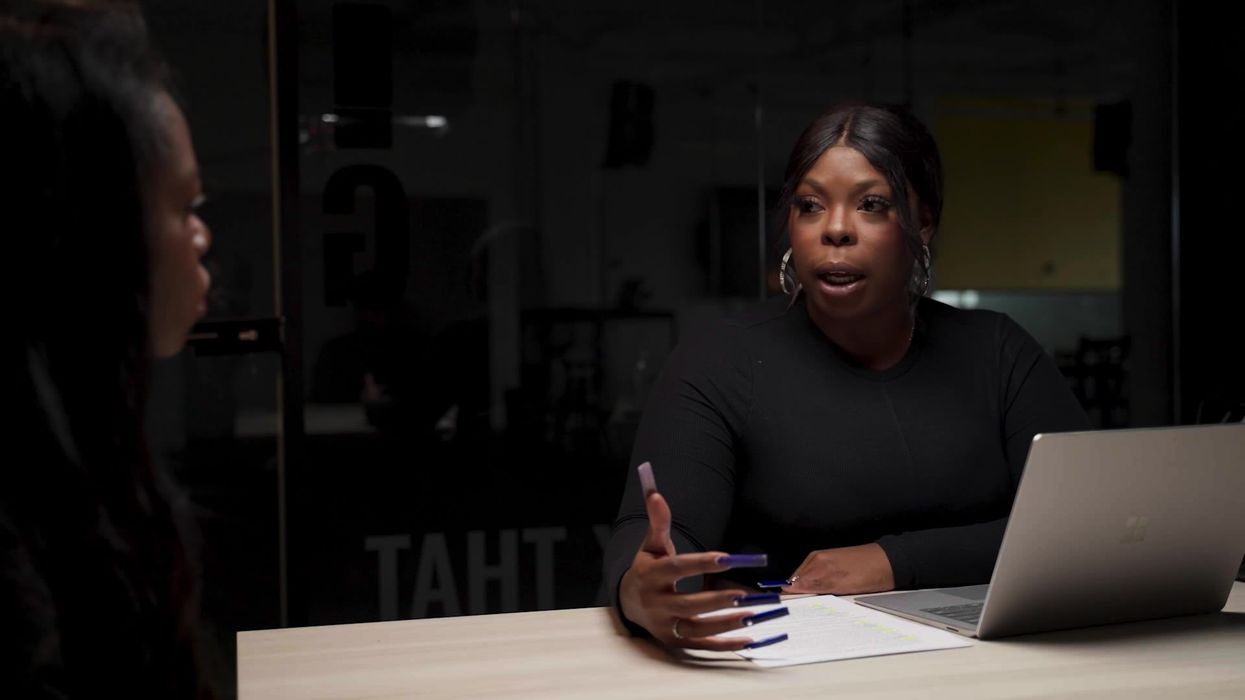
How to Become a Master Negotiator and Get What You Want in Life
For most people, negotiating feels foreign.
Most of us aren’t born negotiators (myself included), so when the time comes to ask for what we want, whether it's a salary increase or a promotion, a better price, a big purchase, or something else altogether, we feel a bit lost and worry we’re not getting the best deal.
But no matter what you’re trying to achieve, there’s a lot you can do to maximize your chance of walking away from a negotiation happy and successful.
You do not get what you want. You get what you negotiate.– Harvey Mackay
Below are seven critical negotiation tips. No fluff, no superfluous tips that *might* work -- only a quick dose of the best advice available for killing your next negotiation, whatever it may be about.
1. Do not take things personally
Remember, a negotiation is a business deal. Whether you’re a company owner, an employee, or someone who's not used to the business world at all, it’s critical that you maintain this understanding throughout the negotiation.
Often, negotiations crumble because one or both parties take something personally. So, do yourself a favor and aim to not only keep things professional, but also to seek to understand the other party’s perspective as you go about the conversation. There will be less chances of a misunderstanding happening.
2. Be assertive

While negotiating, it’s critical to not be afraid of making -- or turning down -- offers and requests. Be assertive and don’t hesitate to guide the discussion.
It’s also important to challenge everything mentioned. Are you trying to buy a new car? Don’t accept the price they’re telling you. Challenge their estimation on your trade-in, compare their pricing to competitors, and ask for a lower payment.
Overall, don’t take no for an answer. Negotiating is all about coming from a position of power, so empower yourself by being more assertive.
3. Aim high
You’ve probably heard this one before: “Aim high and you’ll land on your number." But that’s because it works.
Optimists make great negotiators because they’re not afraid of starting high (or low depending on the context). They believe they’ll be able to get a great deal, so they’re not afraid of making an offer that aligns with this belief.
If you’re the employer/seller, offer less than you expect to give. If you’re an employee/buyer, ask for more than you expect to get. You’ll find that, more often than not, it works out in your favor.
4. Listen
Most people are great talkers but horrible listeners.
If that’s you, it would be worth your while to learn how to become a better listener before your next negotiation.
Why? Because without the ability to listen effectively, you not only can’t fully understand the other party's perspective, but you’ll also miss important details. And without all the necessary information at hand, it’s very difficult to close a successful negotiation.
At your next negotiation, try to keep your speaking time to half or a third of the other person's. Be succinct in your explanations, and ask probing questions along the way. Really try to understand the other's point of view. It will go a long way.
5. Enter from a position of power (and be willing to walk away)
This is easily one of the most important points of all because it influences your demeanor and perspective throughout the entire negotiating process.
You need to go into every important conversation feeling confident. That means you never go into a negotiation thinking that it's your only option. No matter what you’re trying to get, you need to have several options on the table so that if this one doesn’t work out, you know you’ve got another one.
This will help you project confidence. Knowing that you're not desperate changes your whole behavior -- even if you don't care that much about pursuing these other alternatives.
Desperation comes across as clear as day when communicating with others, so do yourself a favor and make sure you always keep your options open before entering a situation where you'll have to negotiate hard.
6. Be empathetic
A negotiation is less about two parties wrestling to get what they want, and more about coming to an agreement and mutual understanding.
This is related to being a better listener, but it's also about being insightful and reading between the lines. Put yourself in the other person's shoes. What do they want? What are they getting from this? What are they trying to negotiate? What does it mean to them?
If you take these things into consideration during your negotiation, you’ll help the person get what they want, so they’ll be more than happy to reciprocate and get you what you want.
7. Don’t rush
Negotiating is a game of patience.
Along the same lines as coming to a negotiation from a position of power, you can’t enter a negotiation in a rush, because the other person will immediately notice it. And, when they do, they’ll make weightier demands and draw harder lines knowing that you’ll be forced to take them if you hope to close the deal.
In every negotiation, the party that has more time on its hands is always in a greater position of power because no matter what happens, there is no rush to close the deal on their end. So try to get into these conversations with time to spare.

































